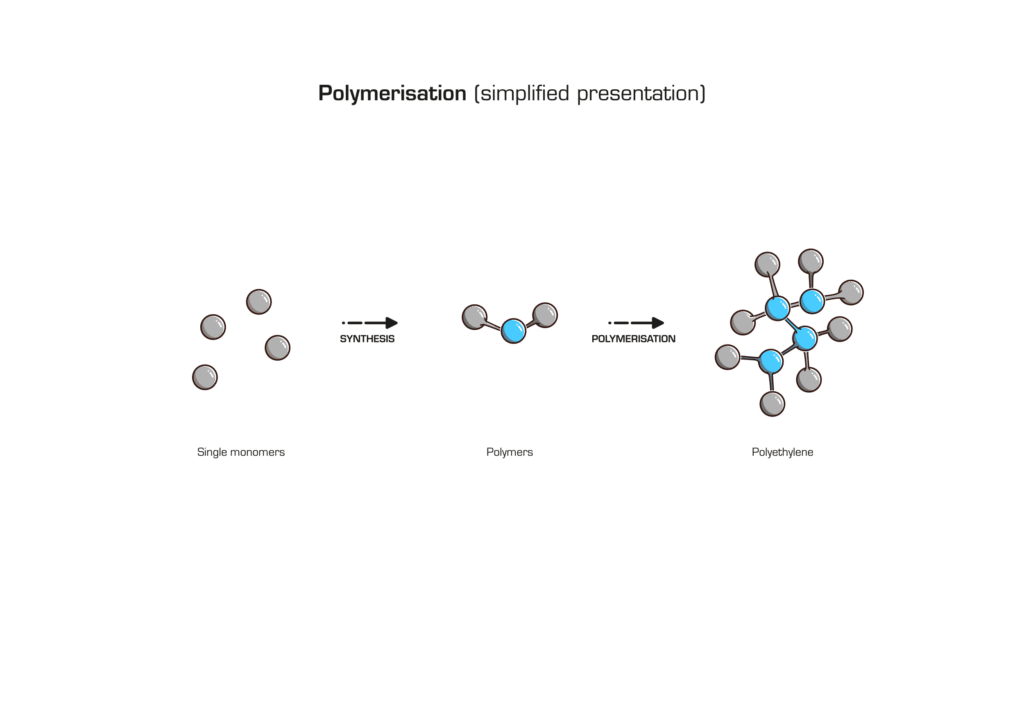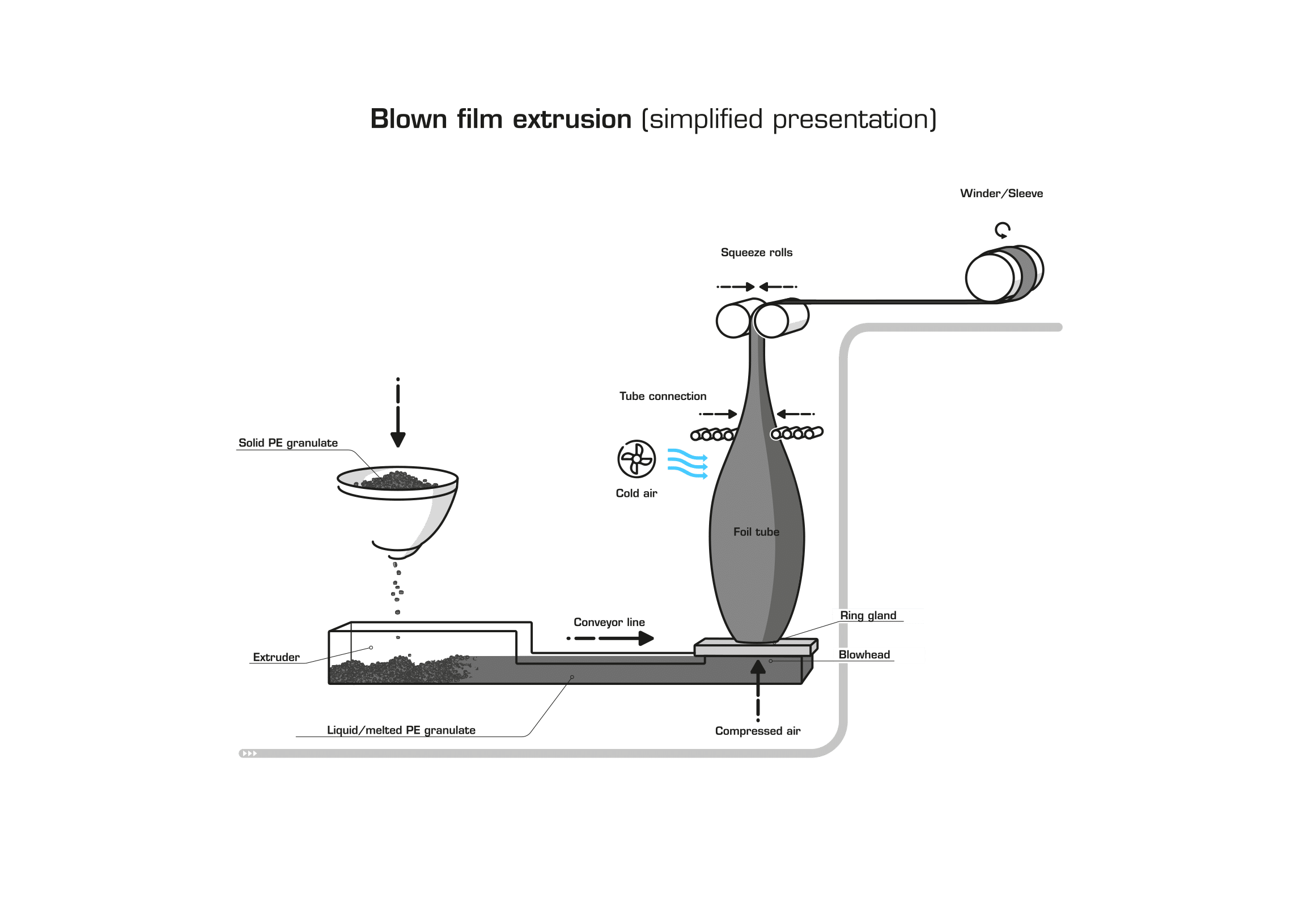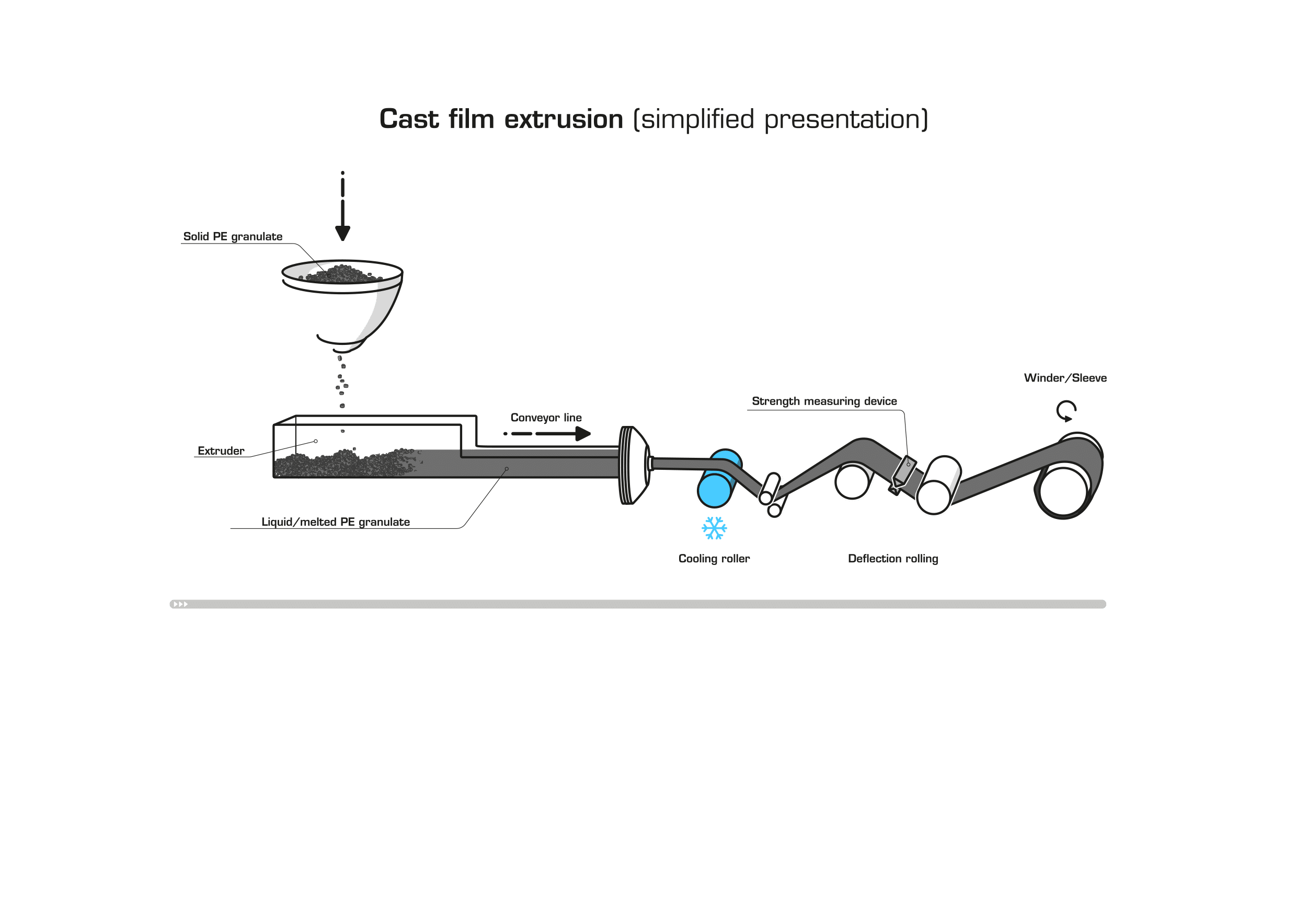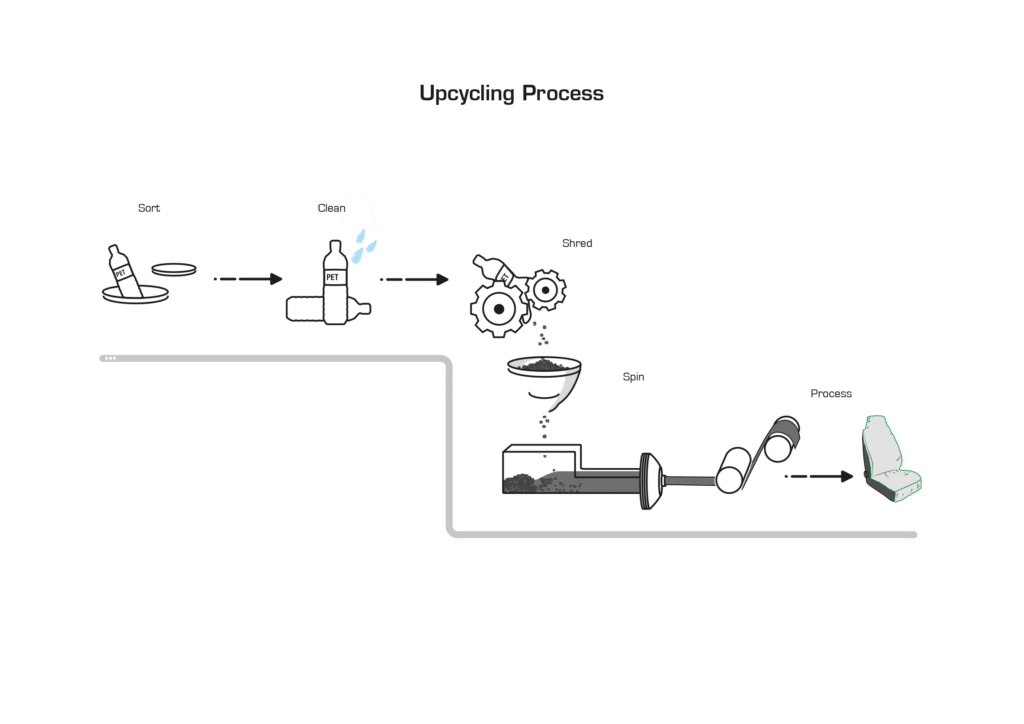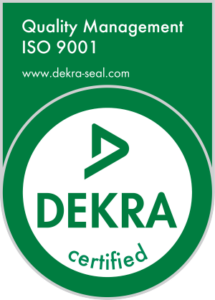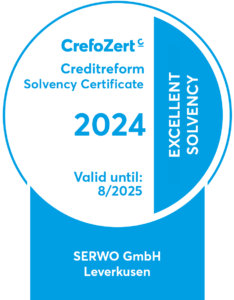Synthetic leather: The best alternative to animal skin
Robust, durable and comfortable
Wherever leather is used in industry, synthetic leather is not only a visually appealing and durable alternative, but also a very animal-friendly one!
Synthetic leather is convincing with a pleasant feel and a surface structure that is modeled on animal skin, but can be manufactured without significant cutting losses. For this purpose, a textile fabric is usually provided with a plastic layer – often made of PVC, polyurethane or polyester. The foam structure within the upper layer creates softness, fullness and grip and improves wearing and sitting comfort. Synthetic leather is also very durable and easy to care for, frequently even water and dirt repellent.
Synthetic leather has special advantages when used as a seat cover, as it is very robust, weather-resistant, easy to clean and lighter than real leather. What’s more, many people who have concerns about the use of natural leather for ethical reasons prefer these more than equivalent alternatives.
Easily produced, available any time
Like the plastics used at Serwo – especially films – our synthetic leather products are also based primarily on the processing of mineral oil. Accordingly, the same principles for use and environmentally friendly disposal must be observed here as well.
In view of the unavoidable use of plasticizers and solvents, we want to ensure, together with our customers, that the products are handled responsibly. This pertains to the consideration of allergies as well as the protection of resources and the environment.
In contrast to natural leather, the production of synthetic leather does not require any tannins and is possible at short notice, in any quantity and at relatively low prices. Compared to the import of leather from sometimes questionable sources, the artificial variant has clear advantages.
That’s why we like to use synthetic leather – not least for the sake of animal welfare!

